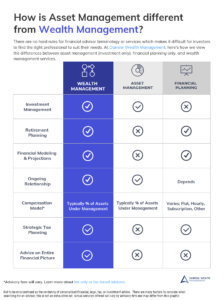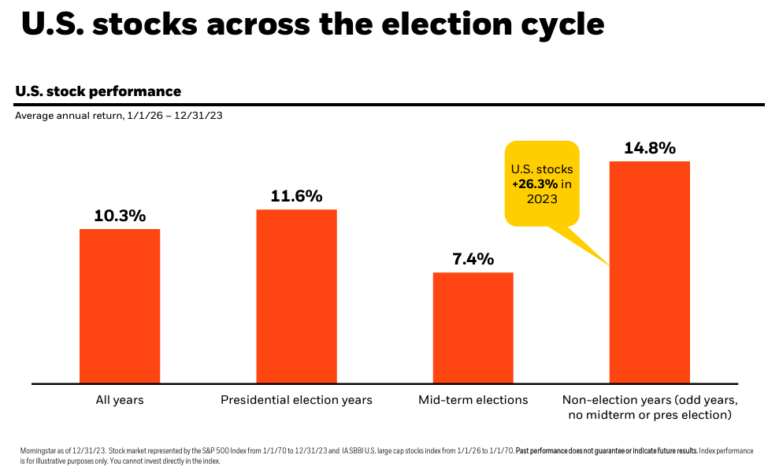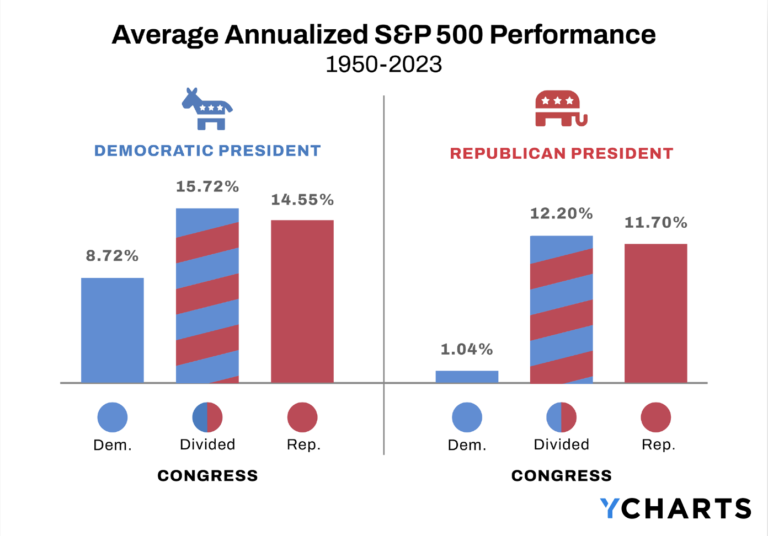When starting to search for a financial advisor, investors may not realize the different types of advisors out there…and they’re not all trying to sell you something. If you’re looking for a fee-only financial advisor or wealth manager, it’s probably because you know fee-only advisors do not sell products. Here are some ways to find the best fee-only financial advisor to suit your needs. If you’re not familiar with fee-only advisors and how they’re typically paid, here’s an explainer.
3 ways to find a fee-only financial advisor
Here are three ways to find a fee-only wealth management firm (in no particular order).
1. Finding a fee-only wealth advisor with a targeted web search
A Google search for fee-only financial advisor near me returns about 500 million results. So, that’s a lot. Consider adding specific attributes that are important to you to help narrow the list.
For example, do you prefer a female financial advisor? Or maybe you need someone with specific experience, such as working with small business owners or partners at a law firm. With a narrow search, Google can be a great starting point to help you find a fee-only financial planner.
Other attributes to consider in your search for a fee-only financial advisor:
- Do you want to work with a fiduciary? Only fiduciary financial advisors are legally bound to act in your best interest at all times. A registered investment advisor is the only type of financial advisory firm required to act as a full-time fiduciary. While many fee-only advisors are also fiduciaries, it’s not a requirement.
- Are you looking for an independent financial advisor? Some fee-only advisors are subsidiaries of a larger parent corporation or have affiliations with other companies that offer complimentary services, like life insurance or investment products. Working with an independent firm can reduce the risk of receiving biased advice.
- The CERTIFIED FINANCIAL PLANNER™ designation. In terms of credentials for financial advisors, the CFP® designation is typically thought of as the gold standard.
- What services are you looking for? If you’re only looking for a one-time financial review, the majority of fee-only advisors won’t be a good fit. It’s a common misconception that most fee-only advisors work on an hourly or project basis. Most fee-only financial advisors, including Darrow Wealth Management, are paid as a percentage of the assets they manage for their clients and only offer ongoing wealth management services.
- Do you really need a fee-only financial advisor near you? For many investors, the most important factor when trying to find an advisor is location. In-person meetings may be ideal, but technology meeting face-to-face easy, regardless of your location. Especially in today’s Zoom-friendly world! Consider prioritizing the right overall fit vs the advisor or CERTIFIED FINANCIAL PLANNER™ professional who happens to have an office nearby. After all, if you move, or if your advisor does, you probably won’t want to start over with a new firm.
 2. The National Association of Personal Financial Advisors
2. The National Association of Personal Financial Advisors
The National Association of Personal Financial Advisors (NAPFA) may come up in some of your searches for an advisor. NAPFA advisors are all fee-only. However, if you’re trying to find a fiduciary investment advisor, you will need to do some extra homework to see if the firm is also a registered investment advisor. As previously mentioned, many fee-only advisors are also fiduciaries, but it isn’t a requirement.
NAPFA can be a useful resource for some individuals, particularly investors just starting out saving and investing. But it can be limiting. For several reasons, many fee-only investment advisors choose not to become members of NAPFA. This is another reason to use multiple avenues when looking to find a financial advisor.
3. Ask for referrals
Asking friends, family, coworkers, an accountant, or personal lawyer for a referral can be one of the most effective ways to find a fee-only financial advisor. But, of course, it isn’t fool-proof. Many investors aren’t aware of the differences between fee-only and fee-based advisors – even if they’re working with one.
Personal referrals are especially helpful to get a sense of fees and services. Asking around can be a helpful starting point but consider doing your own research on the planner and firm before engaging.
Tips on finding the right financial advisor
It’s important to find the best financial advisor to meet your unique investment style, financial goals, personality type, and individual needs. Even after factoring in all the specific traits you can think of, chances are, more than one advisor will fit the bill on paper. It often comes down to personality fit – and no web search can help with that.
At the end of the day, if you or your spouse doesn’t feel confident with or heard by an advisor, it’s probably not a good fit. If you don’t see yourself picking up the phone or reaching out with a question or life update, you’re not going to get what you need out of the relationship.
It’s also important not to compromise on the aspects of the relationship that are important to you. We all have a friend or family member who’s ‘got a guy’ at Morgan Stanley. But if you really want to work with a fiduciary fee-only financial advisor, it might not be a good match, despite the recommendation. Liking and trusting an advisor is paramount, but so too is having the official status to back it up.
Darrow Wealth Management is proud to be:
-
-
Fee-only
-
A full-time fiduciary
-
CERTIFIED FINANCIAL PLANNER™ professional advisor
-
Independent
-
SEC-registered investment advisor
-


 2. The National Association of Personal Financial Advisors
2. The National Association of Personal Financial Advisors







